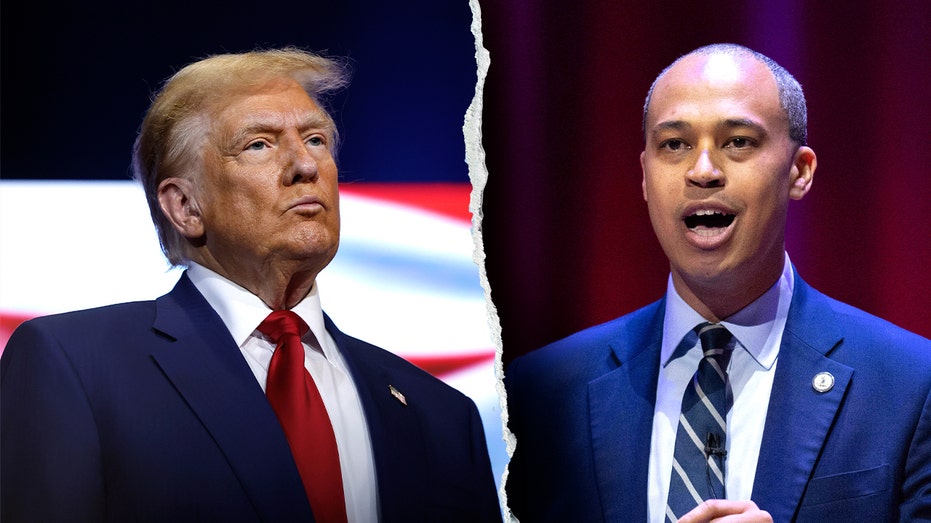The echoes of Tuesday’s election results hung in the air as former President Trump addressed the America Business Forum in Miami, a subtle undercurrent of frustration coloring his remarks. He didn’t directly name names, but the message was clear: recent Republican losses stemmed from a failure to articulate tangible achievements.
Trump launched into a recitation of economic gains, painting a picture of a nation revitalized. He emphasized the addition of nearly two million American jobs, a figure he repeated with a touch of disbelief – “Can you imagine?” – framing it as a simple, powerful narrative for any candidate.
“It’s so easy to win elections when you talk about the facts,” he asserted, the statement carrying a pointed edge. The implication was that Republicans had stumbled by overlooking the very data that could have secured their victories. Success, he suggested, wasn’t merely about *doing* good things, but about *telling* people about them.
The sting of Tuesday’s defeats – in New Jersey, Virginia, and New York City – was palpable, even without direct mention. While he’d publicly supported a candidate other than the Republican in the New York mayoral race, the broader rebuke felt personal. He seemed to suggest a disconnect between the reality he presented and the message delivered by his party’s candidates.
He contrasted the current state of the nation with what he described as its near-collapse a year prior, boldly declaring America now “one of the hottest countries anywhere in the world.” This resurgence, he claimed, was directly attributable to his administration’s policies, citing a reduction in food stamp reliance and the creation of jobs.
Meanwhile, in New York City, newly elected Zohran Mamdani offered a sharply contrasting analysis. He positioned himself as a champion of those struggling with the rising cost of living, a direct challenge to the former president’s economic narrative.
Mamdani directly criticized Trump’s record, arguing that promises of cheaper groceries had given way to policies that made affording those necessities even harder for many Americans. He highlighted cuts to SNAP benefits as evidence of a broken pledge.
Trump, seemingly responding to Mamdani’s critique, dismissed the New York election result as a temporary setback, a minor loss of “sovereignty” that his supporters could rest assured would be rectified. The tone was dismissive, a suggestion that the outcome was an anomaly rather than a reflection of broader trends.
The debate over the Supplemental Nutrition Assistance Program (SNAP) benefits continued to simmer, with Republicans attributing the lapse to Democratic obstructionism during ongoing government negotiations. The issue underscored the deep partisan divide and the high stakes of the political battleground.






